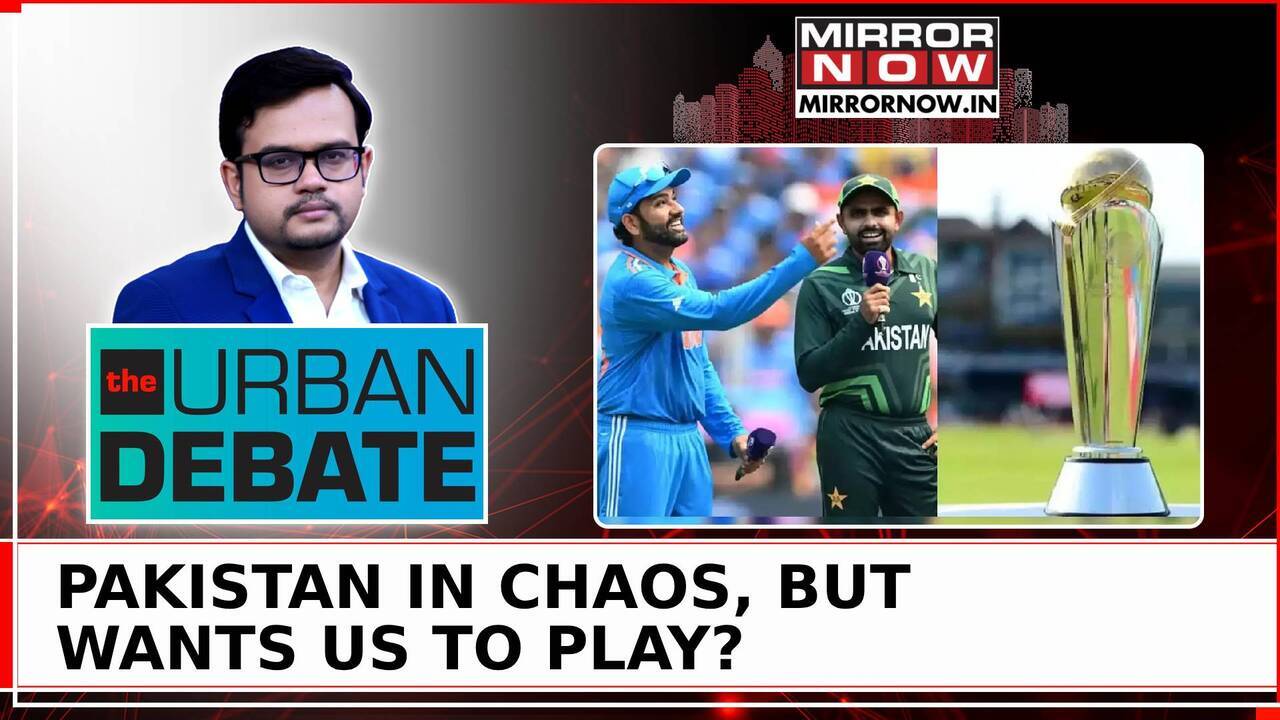 |
|
The potential participation of the Indian cricket team in the 2025 Champions Trophy, to be held in Pakistan, hangs precariously in the balance. Recent statements from the Indian government strongly suggest that Team India is unlikely to travel to Pakistan, citing concerns about the current political climate and security situation within the country. This stance directly contradicts Pakistan's firm commitment to hosting all matches of the tournament on its home soil. The International Cricket Council (ICC), aware of the delicate situation, is reportedly considering a ‘hybrid model’ – a compromise that would see some matches played in Pakistan and others in a neutral venue. This proposal, however, has yet to receive the full backing of all stakeholders involved.
Pakistan's insistence on hosting all matches stems from various factors. Financially, hosting the Champions Trophy presents a significant opportunity to boost the nation's economy through tourism and broadcasting revenue. Furthermore, the prestige associated with hosting such a major international sporting event carries significant weight for the Pakistan Cricket Board (PCB). However, the current political instability and security challenges in Pakistan raise serious questions regarding the feasibility and safety of hosting the entire tournament. The PCB, despite facing internal and external pressure, is determined to navigate these hurdles, emphasizing the crucial role of ICC funding in the financial well-being of Pakistan cricket. The debate extends beyond simple logistics, encompassing larger geopolitical considerations and the long-standing tensions between India and Pakistan.
The BCCI's (Board of Control for Cricket in India) potential refusal to send the Indian team to Pakistan is not surprising, given the history of strained relations between the two nations. Security concerns, often cited by the Indian government, are a legitimate factor, but the decision is also heavily influenced by political considerations and the inherent risks associated with sending a high-profile Indian team into a potentially volatile environment. The ICC, caught in the middle, faces a difficult task of balancing the interests of all participating nations while ensuring the successful execution of the tournament. Finding a solution that satisfies both India's concerns regarding safety and Pakistan's desire to host the entire tournament poses a significant challenge. The hybrid model, while a potential compromise, may not fully address the concerns of either party, possibly leading to further negotiations and potential disputes.
Beyond the immediate implications for the 2025 Champions Trophy, this situation highlights the complex interplay between sports, politics, and international relations. Cricket, often seen as a unifying force, in this instance underscores the deep-seated tensions and mistrust between India and Pakistan. The resolution of this impasse will require significant diplomatic efforts and a willingness from all parties to find common ground. The outcome will have ramifications not only for the future of the Champions Trophy but also for the broader relationship between India and Pakistan and the future of cricket diplomacy between the two nations. The ongoing discussions and potential decisions will be closely watched by cricket fans and political analysts alike, as it represents a significant test of the ability of international sporting bodies to navigate complex political landscapes.
The coming months will be crucial in determining the fate of the 2025 Champions Trophy. The ICC’s decision, whether to accept Pakistan's proposal, adopt the hybrid model or explore alternative options, will have a profound impact on the tournament's organization and the participation of key teams. The debate is likely to continue, with various stakeholders weighing in with their perspectives. It is a high-stakes game, not just for the cricket boards involved but for the broader international cricket community, testing the limits of sports diplomacy in a world marred by geopolitical tensions. The final decision will shape the landscape of international cricket for years to come and test the ability of the sport to transcend political divisions. The pressure is immense on all parties involved, and the outcome remains uncertain.
Source: Pakistan In Chaos But Wants India To Visit For Champions Trophy; BCCI To Bowl Out Pak? |Urban Debate
